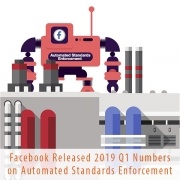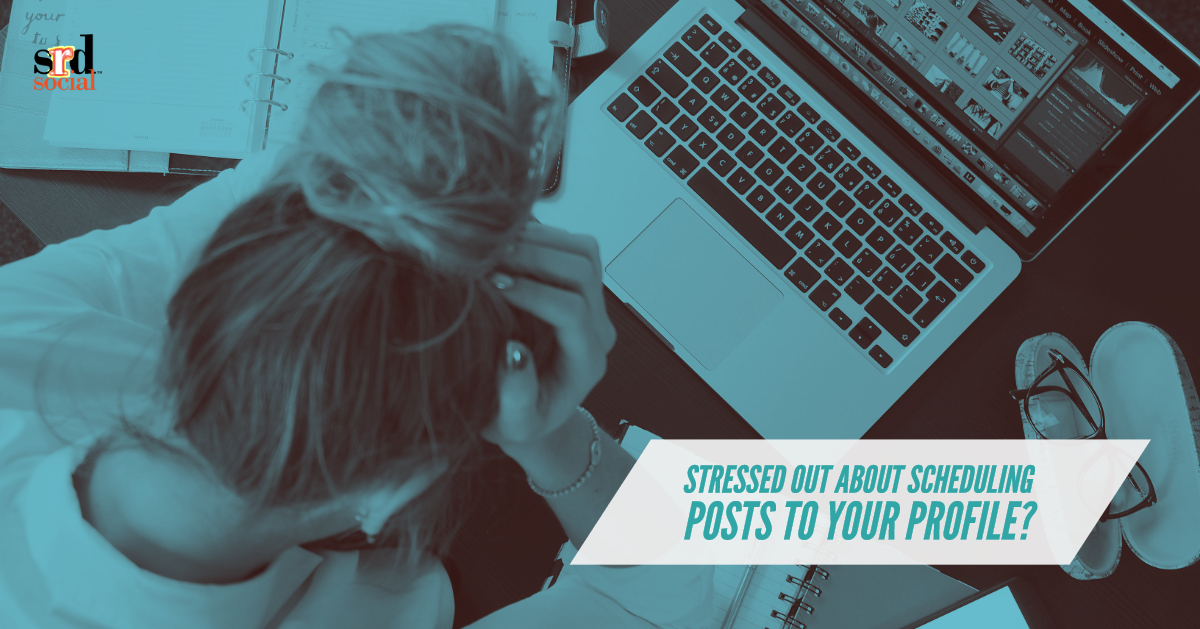The Scoop on Hashtags
Whether you’re a seasoned hashtag expert or you still call it a “pound sign”, hashtags can still befuddle the best of us. To help clear that up, we’re going to to over some hashtag basics.
What IS a Hashtag?
First, let’s define a hashtag. A hashtag is any combination of numbers or letters following a hash/pound symbol (#) that does not have spaces or punctuation.
These are hashtags: #success #ThisWorks #ThisIsAHashtag
These are NOT hashtags: #this.is.not #This#Doesnt Work
Hashtags are a way to “tag” or categorize your posts. They are searchable bits of text that allow your posts to be found by anyone interested in that topic. For example, if you do a Facebook post with the hashtag “#MarketingExperts”, anyone who searches for #MarketingExperts on Facebook will see your post AND any other post, from any other person, that has also used that specific hashtag.
Why You Should Be Using Hashtags
Regardless of what social media platform you use, hashtags can help to increase your following and improve the quality of your followers. Twitter, Instagram and Google+ will provide you with the best results when using hashtags, but Facebook posts can be improved by them as well. When using a well defined and consistent hashtag strategy, you can boost the chances of your post being shared, liked, retweeted or clicked on by as much as 100%!
The Purpose of a Hashtag
First and foremost, the purpose of a hashtag is to make your content available to a wider audience. To grow your following and reach people outside of your usual circle of followers. A secondary purpose can be to add humor or interesting content to your post. For example, if you post a picture of your dog covered in mud prancing through your house, you could include the hashtag #TryingToRememberThatILoveMyDog. Realistically, that hashtag will never be searched for, or help your post to be found by anyone, but it adds a bit of humor to your post.
Choosing a Hashtag Based on Your Goals
The hashtags you choose to use should be defined by your social media goals. If you’re trying to be friendly and keep the attention of your CURRENT audience, the humorous or long hashtags might work for you. But if you’re goal is to grow your audience and increase your following, it’s best to stay away from long or obscure hashtags. Instead, stick with hashtags that are short, descriptive and relevant to the topic and your target audience. You can use tools like hashtagify.me to find trending hashtags and see their popularity in real time.
Making Your Hashtags Relevant
The simplest way to make sure your hashtags are relevant to anyone who might come across your post is simple: meet people’s expectations. If a user searches for #CrockpotRecipe, what do you think they’d be expecting to find? In this case, we can safely assume that it’s a recipe that is made with a Crock Pot or other slow cooker. However, if you were to include that hashtag on your post about “choosing the best slow cooker”, while it might be interesting, it’s not what the user expected to find, so it could be viewed as spam. When in doubt, try to think about what you would expect to find if you searched for a specific hashtag.
Just Because You Can, Doesn’t Mean You Should
Ok, you’ve defined your goals and come up with a list of a dozen relevant hashtags for your post. Now is the time to stop and reign yourself in. Too many hashtags on a post can be seen a spamming. It can give the impression that you’re only including hashtags to try to get followers, regardless of the relevancy to the topic. The ideal number of hashtags is 2-5 per post.
Final Thoughts
We’ve just gone over the basics of hashtags and why they are beneficial, but we’ve barely scratched the surface of how to use them to improve your social media following and grow your business. We’ll do more posts to that end, but in the meantime, do more of your own research and get started on a strategy to use hashtags for your business’ social media profile(s). You can also check out our social media management service called SRD Social, and let us do the work of figuring out hashtags for you!
What are your favorite hashtags to use on business posts?


 Steady Radiance Design, LLC
Steady Radiance Design, LLC Steady Radiance Design, LLC
Steady Radiance Design, LLC Steady Radiance Design, LLC
Steady Radiance Design, LLC Steady radiance Design, LLC
Steady radiance Design, LLC Steady Radiance Design, LLC
Steady Radiance Design, LLC